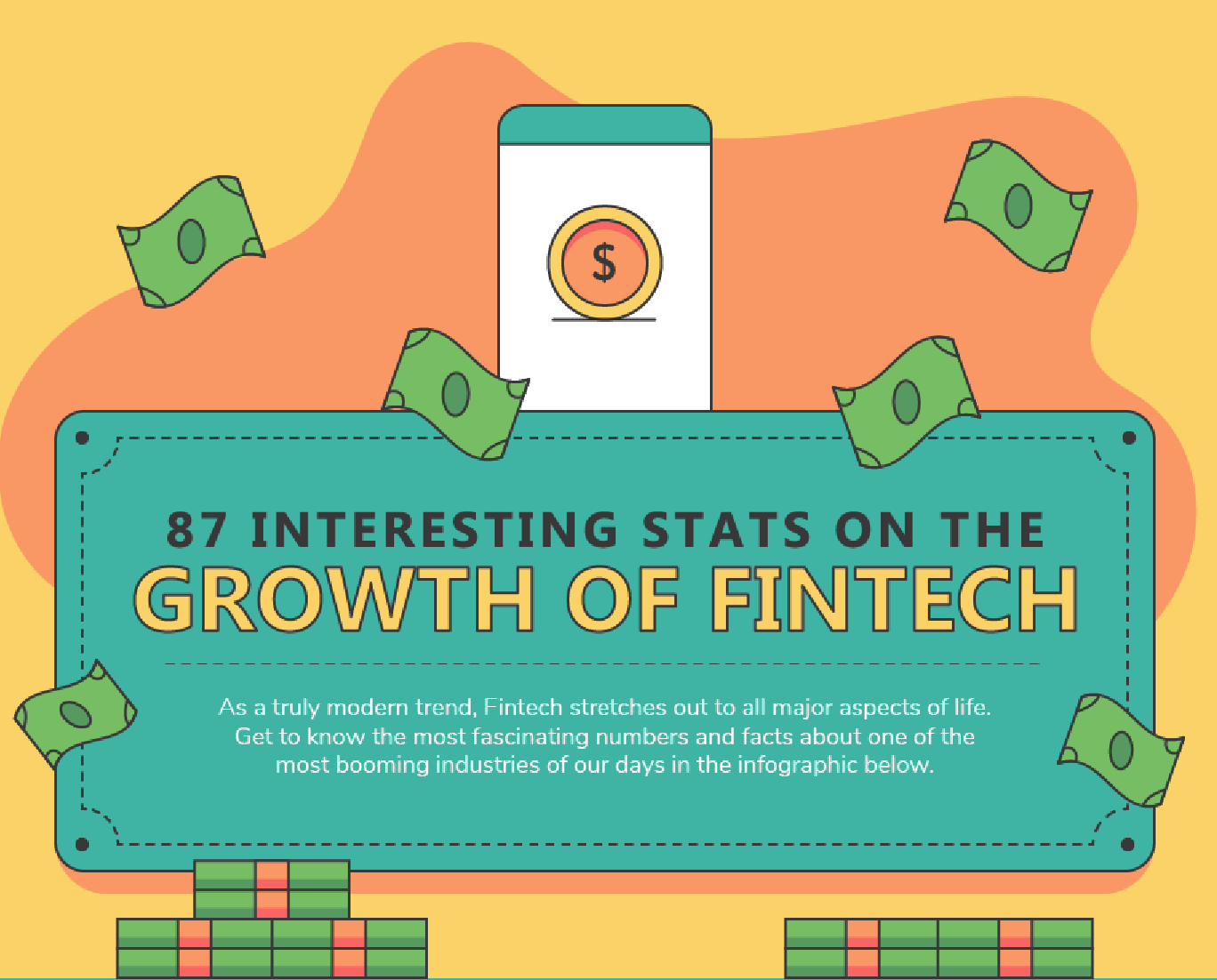
Get It Right – This is How Fintech Works
If you’re a keen follower of finance and technology matters, then chances are you’ve heard about fintech, one of the most disrupting forms of financial technology.
Don’t believe it just yet? Check out some of its major disruptions around the world in the infographic below by carsurance.net.
If you still can’t seem to wrap your head around what it is, then maybe a few examples will help. Fintech is a form of technology such as cryptocurrencies, mobile payments systems, cloud financial storage systems, and much more.
Still with us?
If you are, in the next section of this post, we will share with you how the technology works and, in the end, you will also get to know how it differs from the traditional finance processes.
How Does It Work?
Like we mentioned before, fintech comes from the words financial and technology. This form of tech is provided by companies that try to eliminate the agony of having to go through all the red tape associated with conventional banking procedures.
One of the core operations of fintech firms is to improve the speed at which transactions take place thereby bringing about the much-needed efficiency in the economy. Subsequently, efficiency ends up lowering the cost of operations, which is a huge benefit to consumers since most banks shift the burden to them.
The truth is, most traditional financial institutions monopolize their services. They have always believed that it is in their best interest to keep their operations a secret. However, fintech seeks to change that narrative with its core operations being consumer-focused and highly decentralized.
Fintech companies have enhanced transparency and accountability while focusing more on the needs of the consumer than the company itself, something most financial institutions never seem to do.
Final Word
In conclusion, businesses around the world today benefit from one or more forms of fintech which create healthy competition in the financial services space. This, of course, is not only good for companies but for their customers as well who enjoy faster payment processing, improved safety, and leveraged privacy standards, which ultimately improves the ease of doing business.





